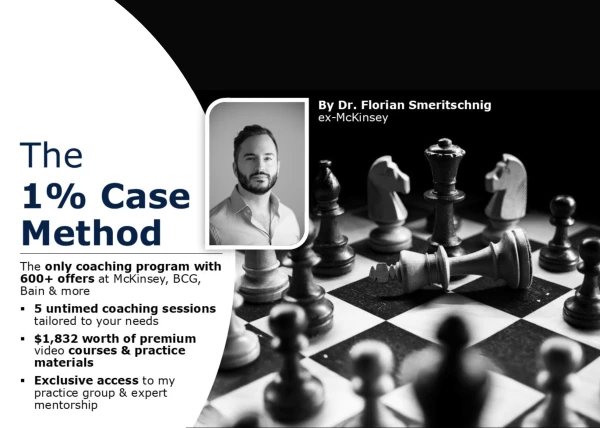Hi all,
I have my McKinsey Superday (r2) in a month and wanted to ask what your reccomendations for the final month of preperation are. Also if anybody has advice on how to prepeare for the partner interview on values and what I can expect there, I would love to hear :)











